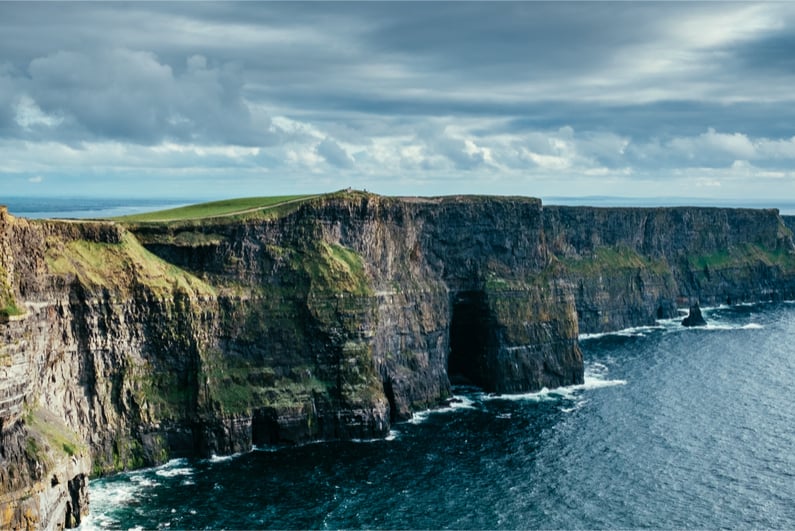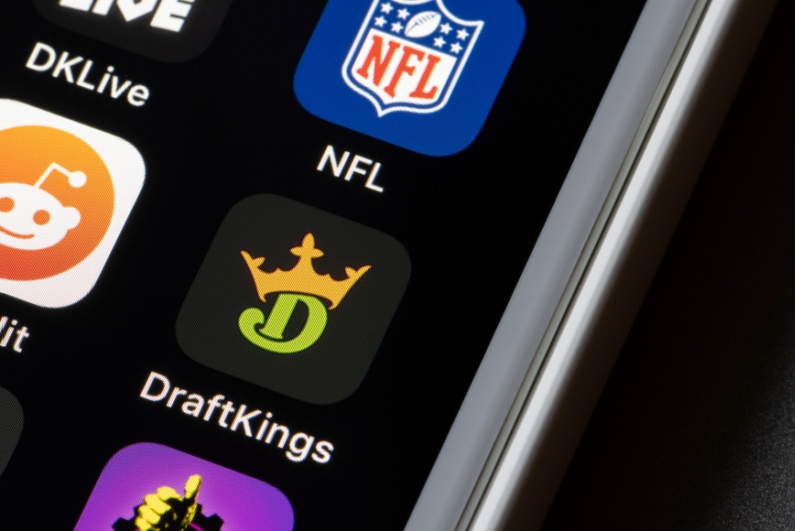Ireland has long been a safe haven for businesses. Companies like Apple and Google based their European operations in the country due to the favorable corporate taxation laws. However, the country’s revenue commissioners are now going after gambling operators who failed to pay the required taxes and those who do not have the correct licenses.
Gambling industry in Ireland
The gambling sector in Ireland is significant; more than 6,000 people work in the gambling outlets and more than 1,000 are working in the head offices of the various gambling companies based in the country.
Sports and gambling have always been massive passions of Irish people, but this has accelerated even more in recent years due to the emergence of online gambling. Punters now have access to markets around the world no matter what time or day it may be.
There has never been an outright ban on online gambling in Ireland and the Betting Amendment Act of 2015 officially legalized it. This carried on from the primary document related to gambling in the country, the Gaming and Lotteries Act of 1956.
One of the biggest passions in Irish sports is horse racing. There are 26 horse racing tracks in operation throughout Ireland. It is also one of the most popular sports for betting by Irish punters. The history of bookmakers taking bets at horse racing venues goes as far back as the records allow. It is ingrained in Irish society.
The big emergence of the industry in the country in recent times was due to two major home-grown gambling operators, Paddy Power (now Paddy Power Betfair) and Boyle Sports. Paddy Power, in particular, is one of the leaders in European sports betting, having acquired a majority stake in Betfair back in 2016. This merger was worth close to £5bn ($6.64bn) and has proven very successful for both parties to date.
The likes of Paddy Power Betfair have also been eyeing the American market now that sports betting has become legalized there, so it certainly is an exciting time for the company.
Casinos had been banned for a number of years, but that changed with the Gambling Control Bill in 2013. This bill changed the remit of the regulators from prohibiting certain gambling activities to regulating them instead. There is a cap of 40 casino licenses being available at any one time and a casino is not allowed to have over 15 tables. The reason for this is to keep Las Vegas-type mega-casinos from forming.
Recent industry issues
While gambling operators have clearly enjoyed a fruitful few years in Ireland, now the authorities are reigning them in somewhat. The revenue commissioners are attempting to clean up the industry.
So far, they have focused their efforts on going after those who are not paying their full tax obligations and those who do not have the appropriate licenses. So far, they have managed to regain £970,000 ($1.3m) in unpaid taxes and another £793,000 ($1m) from license fees.
This comes at a time when more than 400 licenses were renewed or issued by the commissioners. Another area of focus was gaming machines that are casino-style, like video blackjack, poker, and roulette games.
These are not allowed in the capital, Dublin, but many machines were discovered there. More than 300 cases led to both criminal prosecution and penalties, while the machines, of course, were seized.
There was also the issue of certain parties operating under the wrong types of licenses, which in effect made these businesses illegal.
Retaliation from gambling operators
There has been some retaliation by the gambling industry; some claim that the government agency is not operating under transparent gambling regulatory laws.
Many of the regulations are vague, and it is argued that there are many interpretations of them, which of course leads to confusion. While parties have received their penalties for improper licensing and so on, there had actually been a legal submission made by a number of operators in advance of this crackdown. This submission was questioning the constitutionality of the current gambling laws.
The director of Ireland’s Gaming and Leisure Association, David Hickson, talked about the issue recently, saying: “At the moment, our law dates back to 1956, so we need to update the legislation for a whole host of reasons. Progress towards regulation has been remarkably slow and bedeviled by delays.”
The Revenue Commissioners have not changed their stance and appear ready to continue with similar actions in the future.



